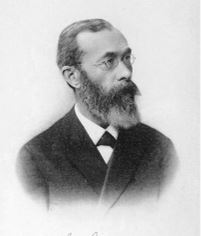The set of processes used to encode, store, and retrieve information over time
Memory
Input of sounds, words, and music
Acoustic encoding.
Inability to form new memories
Anterograde Amnesia
Father of Experimental Psychology

Wilhelm Wundt
Conscious Memories that can be put into words, such as events, facts, and word meanings
Declarative or Explicit memory
Inputs information into the memory system
Encoding
Input of words and their meaning
Semantic encoding
Accessibility of information in memory is temporarily blocked
Blocking
Conscious repetition of information to be remembered.
Rehearsal
Experienced Events like Birthday Parties, Weddings, etc
Episodic memory
Is the retention of the encoded information
Storage
Where you hold information you are consciously aware of
Short-Term Memory
Memory is distributed across the cortex – made by multiple neuro pathways.
Distributive Nature of Memory
Technique in which you think about the meaning of the new information and its relation to knowledge already stored in your memory.
Elaborative rehearsal
Unconscious Memories that replicate learned behaviors, including emotions.
Non-Declarative or Implicit memory
Is getting the information out of memory and back into awareness
Retrieval
7 +/- 2
Capacity of short-term memory
Loss of memory for events that occurred prior to brain trauma
Retrograde Amnesia
Memory aids that help us organize information for encoding.
Mnemonic devices
Skills and Actions such as Riding a bike, using a mop, etc…
Procedural memory
The transformation of one kind of energy into another kind of energy.
Transduction
A memory store for briefly holding sensory information, primarily sights and sounds
Sensory memory
Effects of misinformation from external sources lead to the creation of false memories
Suggestibility
Make information personally meaningful to YOU to help improve retention.
The self-reference effect
Emotional responses to life events are stored. These emotional memories can be activated by new, external or internal events.
Emotional Conditioning